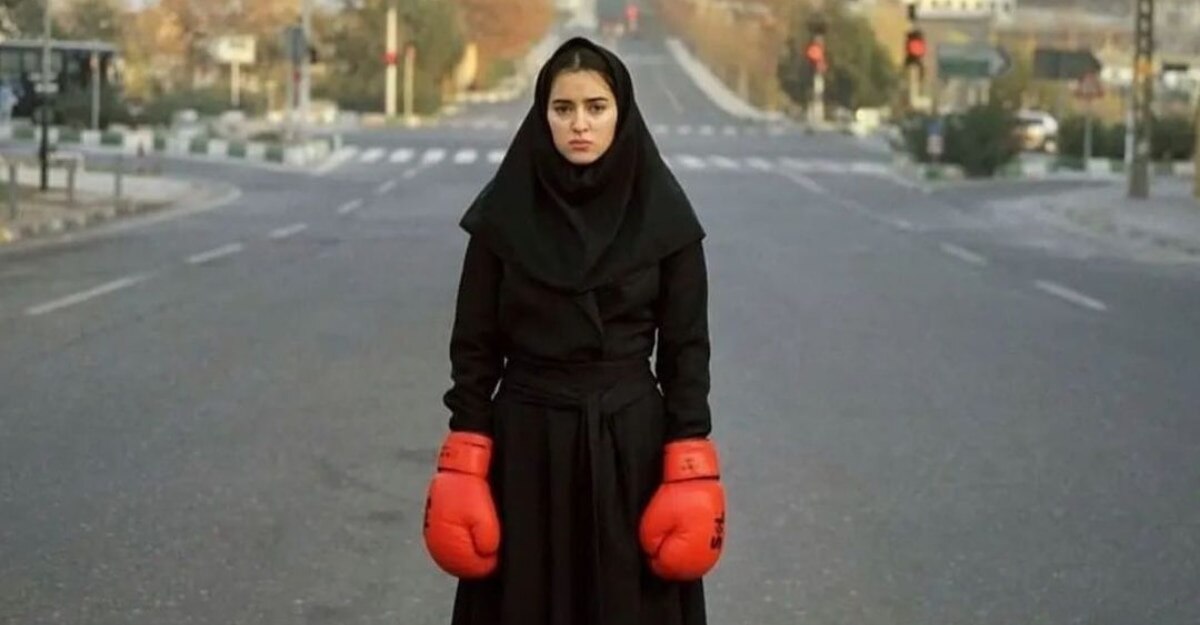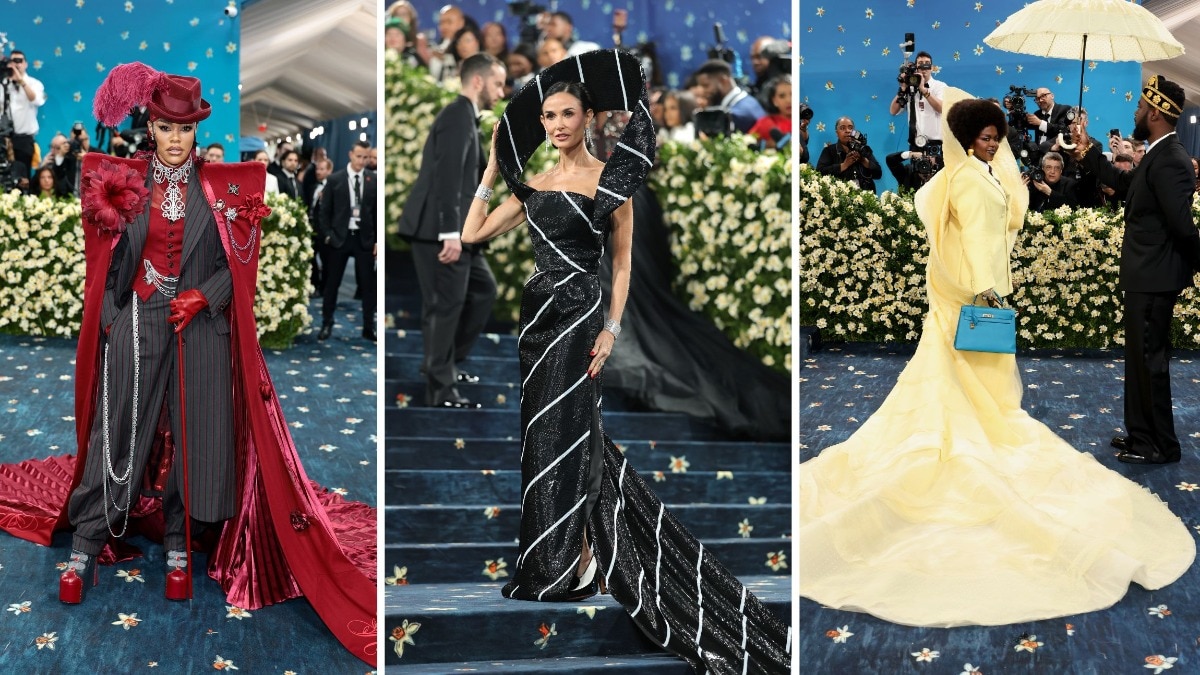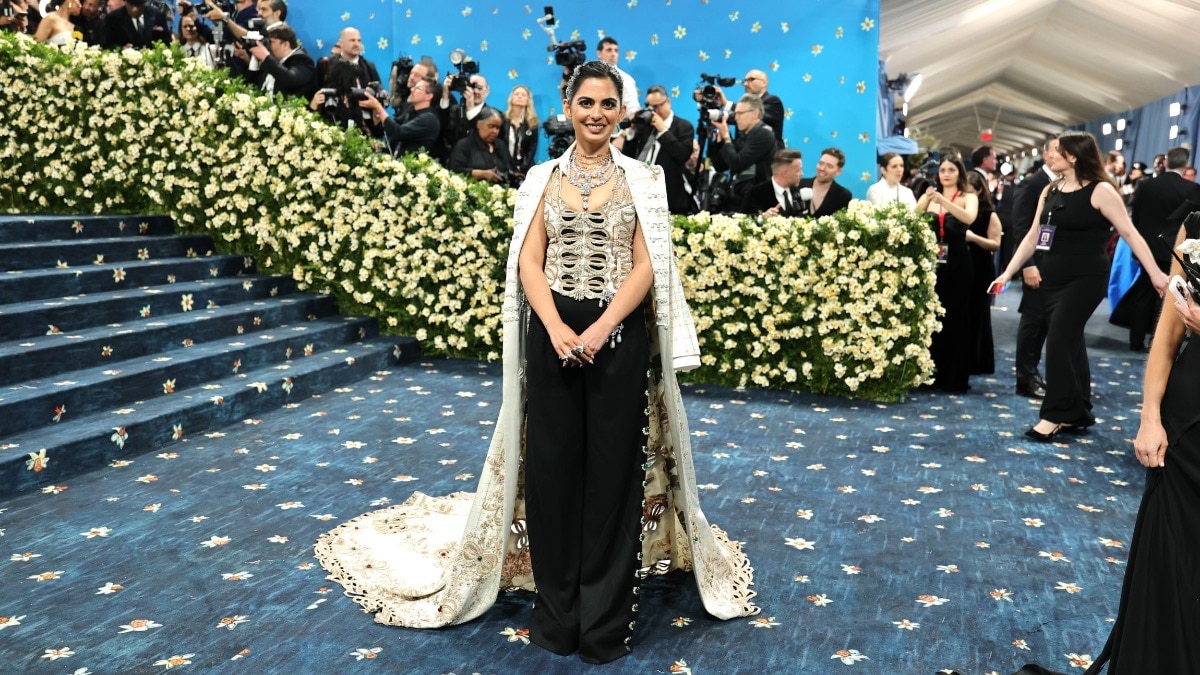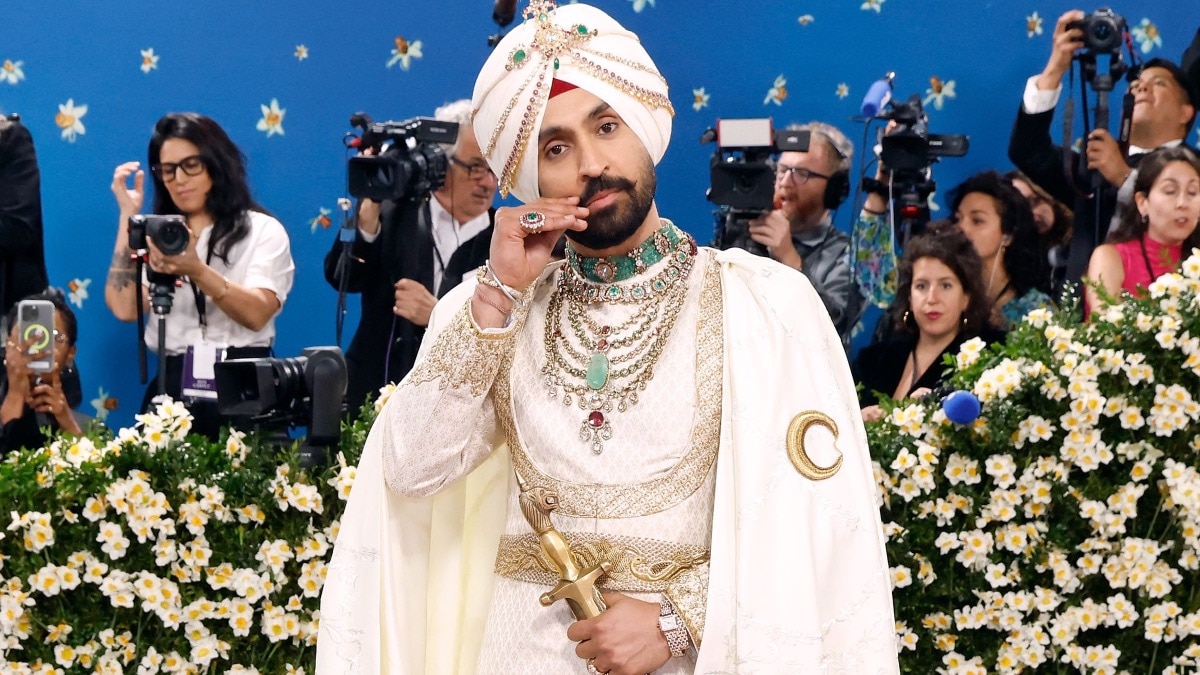Young women do not need moral science lessons from men in authority
As women around the globe come together to protest the regressive law in Iran, the poet and author reflects on the many times women have been forced to rise to take back their agency.


When my niece comes home after school and stretches on the couch with a silly grin on her face, I ask her what the cause for such delicious joy is. “My last class test ended today. I can do whatever I want now,” she says, and spends the rest of the afternoon playing with her neighbourhood friends. I’m reminded of a video I watched of a young Iranian girl, Sarina Esmailzadeh, speaking into the camera about exams getting over, all smiles, confessing, “Nothing feels better than freedom.” Sarina was killed in a baton attack while fighting for freedom, but the tragedy doesn’t end here. Devastated by her death, and then mocked by security forces over her loss while trying to collect Sarina’s remains, her mother eventually committed suicide.
It is no shocking revelation that being a woman, standing up for yourself or for other women, comes with a price. Once in college, while interfering when a female friend was being harassed, I was told that if I “involved unnecessarily”, I would soon have acid on my face. In a culture that views women as property, that systemically indoctrinates its people into believing women aren’t allowed their own needs, desires, and individuality, resisting institutionalized discourses of patriarchy can have fatal consequences. There is enough proof of this in the murder of Iranian teenager, Nika Shakarami, at the hands of the police during the anti-government protests against the death of Mahsa Amini. Enough proof in Mahsa Amini’s murder as well. Amini was arrested and beaten to death by Iran’s “morality police” for violating hijab laws. But if morality is rooted in principles of right and wrong, then one thing is clear: Iran’s “morality police” have no right calling themselves that, for there is nothing moral about murder.
Young women do not need moral science lessons from men in authority. We understand morality better than anyone else. Our principles come from personal power, wisdom, and self-awareness, not fear or deeply ingrained religious messages based on ancient and derivative ideas of good and evil. From our women ancestors and from our own experiences, we learn and unlearn what “doing the right thing” means to us. If morality must be taught to the world’s youth at all, then may we teach dependability, humility, integrity, authenticity, and the spirit to apologize and change behavioural patterns that are toxic to themselves and others. In her Nobel lecture, Nadia Murad, who was abducted by ISIS and sold into sexual slavery along with many other young Yazidi women, said, “Education plays an essential role in nurturing civilized societies that believe in tolerance and peace.” The ideal moral society focuses on inner work as homework and educating individuals on being good allies and acknowledging their rights—not just constitutional, but also their rights to safe spaces—to protest without being shot the way Hadis Najafi was, after footage of her tying her uncovered hair went viral. As the video of school girls chanting “Basij get lost” and “death to Khamenei” moves through the internet rapidly, one can’t help but think about Sarina, Nika, and Hadis, and how taking to the streets to call out the injustice of gender violence cost them their lives.
But in spite of such horrible setbacks, the sacred rage of Iran’s daughters only intensifies. It is a deep-seated rage that’s being unleashed from years and generations of being suppressed. There is something epic and commanding about women rallying to battle unequal power dynamics, to assert their right to identity. There is some truth in renowned poet and civil rights activist, Audre Lorde’s words: “Without community, there is no liberation.” No doubt, the MeToo movement, abortion rights marches, Shaheen Bagh’s peaceful sit-in, and many other women-led uprisings throughout history back Lorde’s claim through and through.
And as for morality, well, Iran’s “moral police” can learn a thing or two about morality from its women. From how they uphold values of courage, justice, empathy, resilience, and loyalty to one another. From how they hold their government accountable, refusing to be censored or silenced. That is morality. As protests strengthen in Tehran, women across the globe have mobilized to show solidarity. Demonstrators in Paris sang Baraye by Iranian pop singer and songwriter, Shervin Hajipour, who was later arrested as his anthem gained popularity, and Indonesian activists laid flowers at the gate of the Iranian embassy while sloganeering. Ten-year-old Licypriya Kangujam, one of the world’s youngest climate activists, cut off her hair in front of the Iran embassy in New Delhi. Riots have sharpened against the Iranian government’s femicidal regime in Athens, London, Montreal, among many others, expressing an unspoken unity in what women want. Be it gathering outside the Supreme Court in Washington DC against the abortion ban or boycotting classes until students in Mangalore are given back their right to wear hijab, the endgame throughout women’s history is the same: we want control over our bodies, we want autonomy, we want choice.
We want our nieces with silly grins over their tired-from-exams faces and every little girl we know and don’t know to grow up in a better world. To live a free life, because once, sweet, sixteen-year-old Sarina said, “nothing feels better than freedom,” and it sounded like a beautiful thing to have.
Feature image: @newshatavakolian/Instagram










